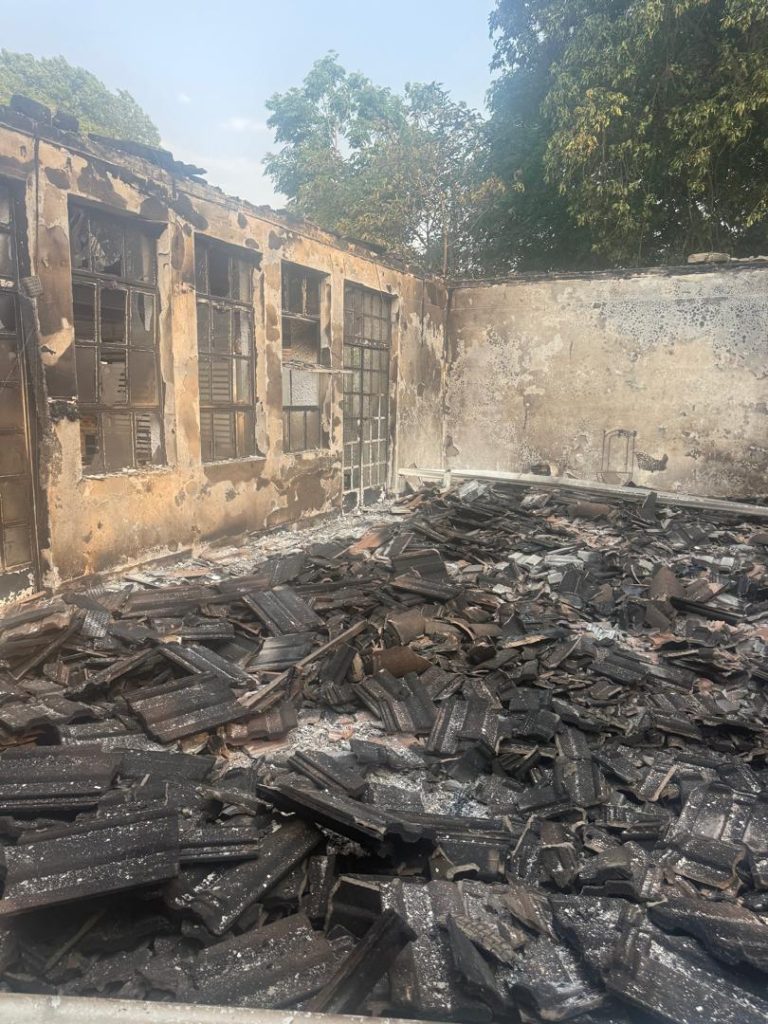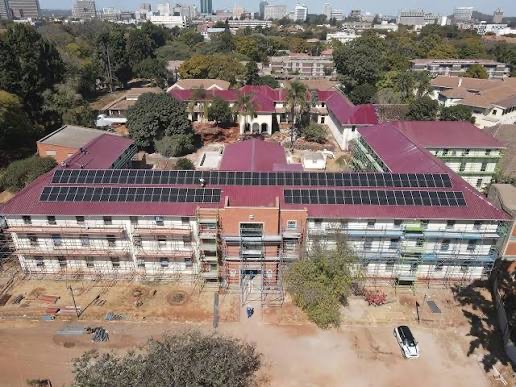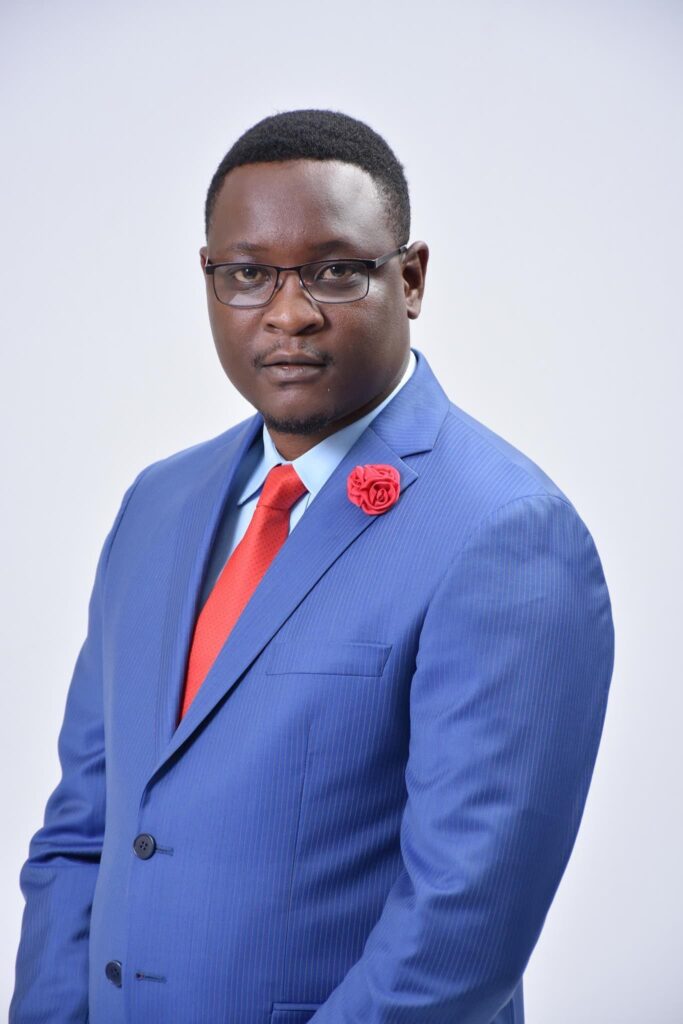By Victor Fanuel
HARARE — Two suspected arson attacks in Harare early Tuesday have heightened fears of a coordinated campaign of intimidation against pro-democracy activists opposing the ruling party’s contentious Agenda 2030.
Agenda 2030 is a plan widely condemned as an unconstitutional attempt to extend President Emmerson Mnangagwa’s rule beyond 2028.
One of the attacks targeted the home of activist Gilbert Bgwende, while the other incident struck the Sapes Trust in Belgravia, where an anti–Agenda 2030 press conference was due to be held later that morning.
A guard on duty at Sapes Trust was abducted and later dumped in Harare’s CBD around 2:00 a.m. by ten unidentified assailants who descended on the premises shortly after midnight, locked the gates, and hurled petrol bombs into the seminar room.
Flames tore through the building, gutting the hall and leaving only scorched walls and twisted metal.
Dr Ibbo Mandaza, the organisation’s executive chairperson, confirmed the incident, saying the arsonists “completely gutted” the venue.
“But the press conference scheduled for 11 a.m. today will proceed as planned, on the ashes of the destruction and in full view of the world and parallel with their ‘SONA’. Yes, it will be well; there is a tomorrow in Zimbabwe,” he declared.
By morning, police and forensic teams were combing through the debris as opposition leaders Tendai Biti, Job Sikhala, Jacob Ngarivhume, and constitutional scholar Munyaradzi Gwisai arrived at the scene.
Standing outside the gates manned by the police, the group addressed journalists in an impromptu press briefing, condemning what they described as an act of terror aimed at silencing dissent.
Gwisai urged calm, telling supporters, “The people shall defend democracy and the constitution.”
Sikhala said the attack reflected “the state of national panic,” noting that riot police had surrounded the site.
Biti described the assault as part of “a united process of concerned citizens against the mutilation of our constitution.”
Ngarivhume vowed that “we are united against the 2030 nonsense… this will not deter us.”
Agenda 2030 was first passed as Resolution Number One at the 21st Zanu PF National People’s Conference in Bulawayo on October 26, 2024, and endorsed this month at the ruling party’s annual conference.
Efforts have been made by Mnangagwa’s loyalists to tie his extended stay in power to the government’s “Vision 2030” development agenda.
Mnangagwa’s loyalists claim the initiative ensures continuity of leadership to achieve national goals, but critics argue it represents a blatant attempt to subvert Zimbabwe’s 2013 Constitution.
Section 91(2) limits any individual to two five-year presidential terms, while Section 95(2)(b) sets the term duration.
Crucially, Section 328(7) prohibits any constitutional amendment that benefits a sitting president.
Such changes require not only a two-thirds parliamentary majority but also a national referendum, since entrenched provisions cannot be altered without public approval.
Constitutional lawyers and activists warn that any manoeuvre to bypass these requirements would amount to a direct assault on the rule of law and democratic governance.
Mandaza, a long-time academic and constitutional activist, said the attack formed part of a broader pattern of intimidation targeting civic spaces.
“Clearly, a petrol bomb was thrown into the seminar room. That was the main target.
“It was done by people who know the geography, and they forgot that because of the harassment we were having over the last two years, including the burning down of the restaurant two years ago on the 10th of August, ahead of the elections, we had stopped having the seminars here,” said Mandaza.
“It’s clear that the idea was to stop this press conference taking place. But the state…” said Mandaza before the press briefing was abruptly interrupted by the sudden heavy police presence, who descended in a truck, intimidating both journalists and opposition forces.
The suspected arson attacks followed weeks of escalating tension marked by police crackdowns on anti–Agenda 2030 protests, meetings and reports of increased surveillance of opposition figures.



